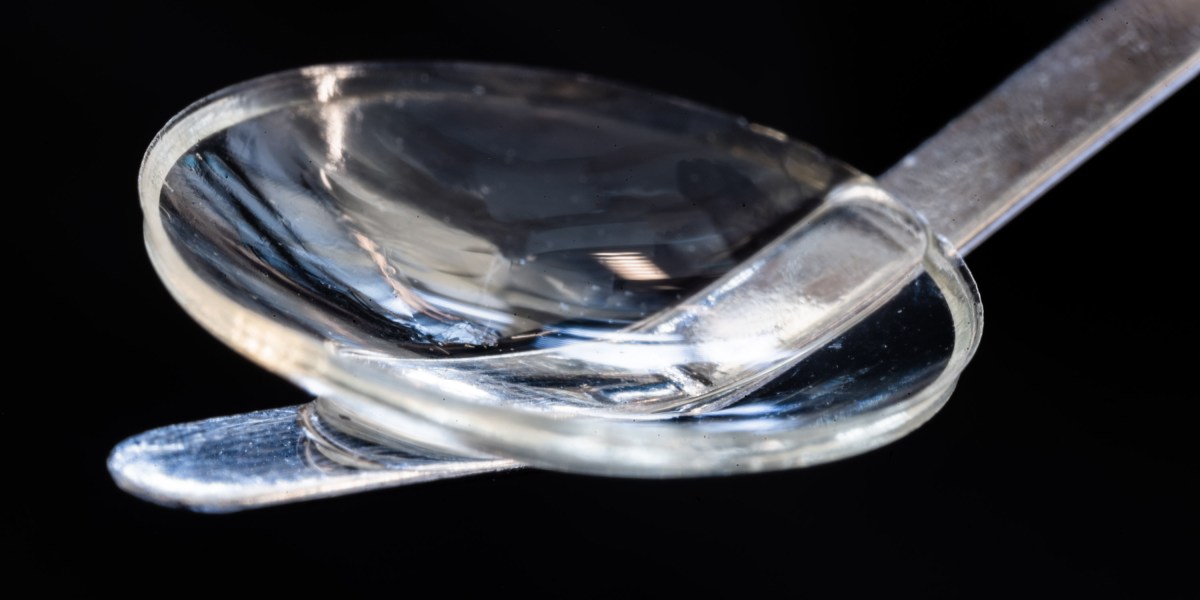
One unexpected bonus was that the implant changed the shape of the cornea enough for its recipients to wear contact lenses for the best possible vision, even though they had been previously unable to tolerate them.
The cornea helps focus light rays on the retina at the back of the eye and protects the eye from dirt and germs. When damaged by infection or injury, it can prevent light from reaching the retina, making it difficult to see.
Corneal blindness is a big problem: around 12.7 million people are estimated to be affected by the condition, and cases are rising at a rate of around a million each year. Iran, India, China, and various countries in Africa have particularly high levels of corneal blindness, and specifically keratoconus.
Because pig skin is a by-product of the food industry, using this bioengineered implant should cost fraction as much as transplanting a human donor cornea, said Neil Lagali, a professor at the Department of Biomedical and Clinical Sciences at Linköping University, one of the researchers behind the study.
“It will be affordable, even to people in low-income countries,” he said. “There’s a much bigger cost saving compared to the way traditional corneal transplantation is being done today.”
The team is hoping to run a larger clinical trial of at least 100 patients in Europe and the US. In the meantime, they plan to kick-start the regulatory process required for the US Food and Drug Administration to eventually approve the device for the market.